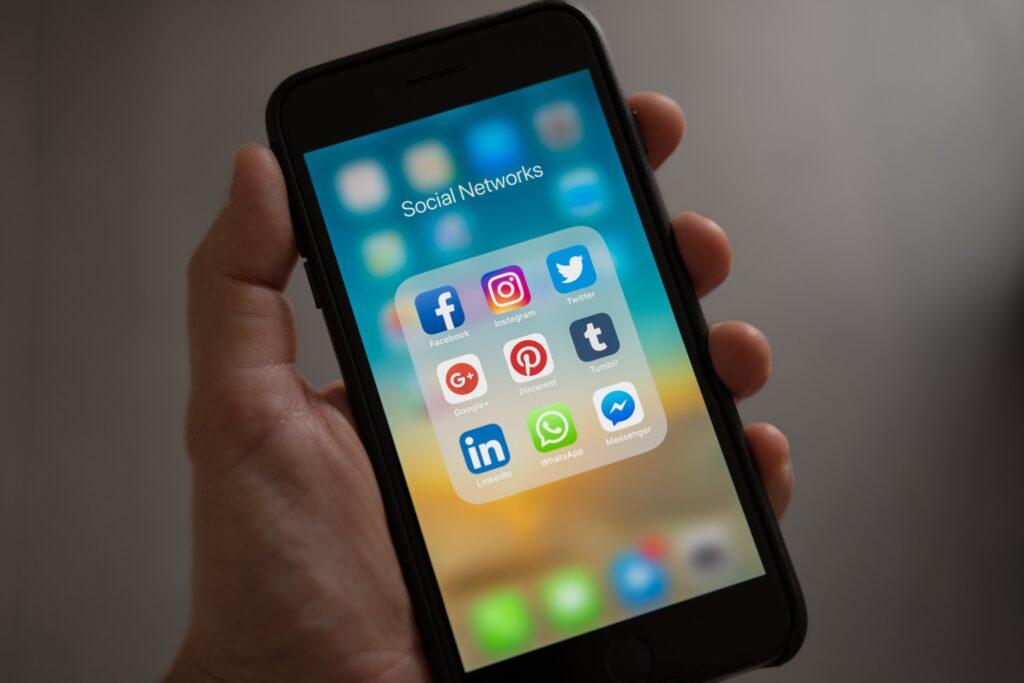The launch of Facebook in 2004 is generally regarded to be the first major adaptation of a social media platform. Nearly 20 years later Facebook remains one of the most popular social media platforms with nearly 3 billion users worldwide. The rise of Facebook and other social platforms has had a considerable effect on our relationships and the way people interact with one another online.
Staying connected to family, friends and businesses are all positive attributes that social media can provide. However there is mounting evidence that suggests these platforms can contribute to a decline in the user’s mental health, especially with younger people.
Research has shown that there is a strong correlation between the time a person spends using social media and an increased risk of mental health problems such as depression, anxiety, body-image issues, self-harm and suicidal ideation. A 2018 study of 143 college students found that limiting social media use to 30 minutes each day could help improve well-being, reduce depression and loneliness when compared to participants who used social media without restrictions. Researchers are not entirely decided on whether or not social media is causing these negative conditions or if these existing negative traits are causing people to spend more time on social media. However, the consensus is that the less time spent on social media, the better.
So, how do we know when we should limit our social media use?
The Anxiety and Depression Association of America (ADAA) identifies the following as behaviours that may indicated an overuse of social media.
- Stopping to check social media in the middle of a conversation
- Spending more than six hours each day using social media
- Lying about the amount of time spent on social media
- Withdrawing from family and friends
- Failing in attempts to cut back on social media use
- Neglecting or losing interest in school, work and favorite activities
- Experiencing severe nervousness, anxiety or withdrawal symptoms when not able to check social media
- Having an overwhelming desire to share on social media feeds
The effect of having people interact with our posts with likes, shares and interactions manufactures dopamine in our brains. This production of dopamine helps our brains feel pleasure in the same way we might get pleasure from food, shopping or from loved ones. This is all good in moderation, but when our brains begin to crave that dopamine rush, it might be time to reduce the time spent on social platforms.
Distancing yourself from your social accounts may be easier said than done. However, there are several ways that you can help reduce the impact that these platforms can have on your mental health.
Tips for reducing time on Social Media
- Turn off your phone at certain times of the day.
- Don’t bring your phone or tablet to bed.
- Disable social media notifications.
- Limit checks.
- Try removing social media apps from your phone
While every individual will have a different experience with social media, the influence and impact that these platforms have on our lives is undeniable. When thinking about how we use social media in our daily lives it is important to understand the potential negative consequences of these platforms, especially for children and young adults.
Learn about how Sigmund Software is working to help addiction and mental healthcare workers around the world.

